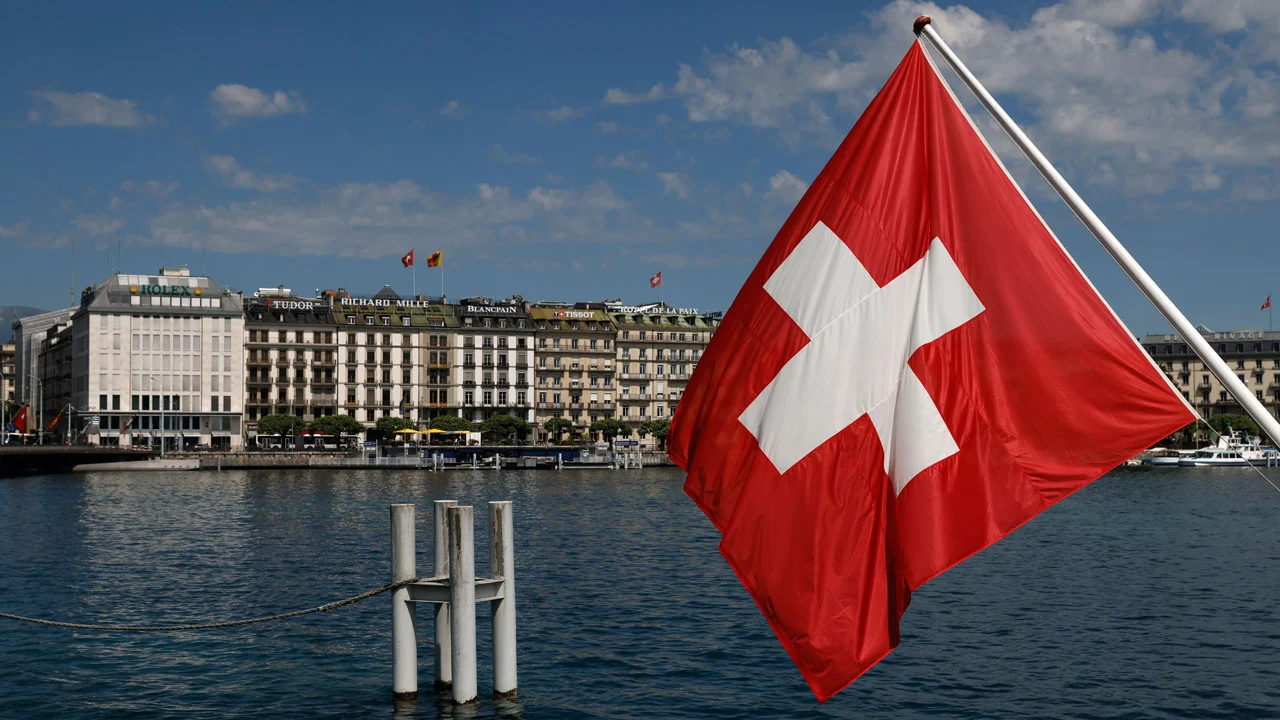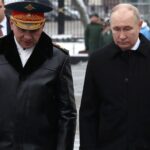Manipulations by the eastern axis of confrontation regarding the summit, on which Ukrainian politicians pin great hopes, are intensifying. Whether they manage to nullify all the diplomatic work that the Ukrainian government has done for more than half a year with Western partners will become clear in a week and a half.
The historical global summit will take place on June 15-16 in the resort of Bürgenstock (nearest city – Lucerne). The organizer is Ukraine. Delegations from more than 150 countries and well-known international organizations are expected.
The main goal of the large-scale event is to find ways to achieve peace in Ukraine. The aggressor country, Russia, is not invited, but it is trying remotely to influence the process and do everything possible to prevent the summit from taking place.
Sabotage
107 states have managed to confirm their participation. But some significant participants have refused. For example, China, which refers to the non-fulfillment of its condition for Russia’s mandatory presence. The same was announced by the Republic of South Africa. Pakistan has yet to respond definitively, but considering its policies and ties with Russia, it can be assumed that it will refuse to attend.
Remain in question
India is not too keen: on the one hand, they confirmed their participation, but on the other, a high-level delegation will not come. Most likely they will send the Secretary of the Ministry of Foreign Affairs or the Deputy National Security Advisor. Hungary follows a stable line and assures that the benefit of this conference will only be if one of the main participants is Russia.
Surprise of the year
But the position of Australia turned out to be the most unexpected, which even surpassed India. They are sending the minister of disabled insurance to the summit, even though the president of Ukraine personally asked for the participation of the Prime Minister or his deputy in a phone call. But they refer to being busy and express the opinion that the insurance minister is an acceptable substitute.
Three levels of confrontation
In all these refusals, the Ukrainian Foreign Minister Kuleba sees the direct influence of the Russian Federation. He notes that Russia uses three mechanisms of counteraction:
- Discrediting the summit by sending letters, various public statements, and holding closed meetings, during which they spread the opinion that the future summit is powerless and generally absurd in the political sphere.
- Attempts to convince third countries that the best thing is to simply ignore this event.
- Attempts to justify the need to send the lowest level delegations to the summit for those countries that have expressed readiness to be present.
Asian, African and South American countries express a very strong response to such provocations.
Ukraine’s reaction
It is important to understand that the presence and reaction of countries such as the Republic of South Africa or Pakistan is not critically important, but, for example, China’s refusal actually jeopardizes the entire summit. Zelensky explained that it’s not just a trivial refusal, but a direct attempt to influence other countries and actual support of the aggressor on the international arena.
The spokesperson of the Chinese Foreign Ministry strongly protests against this, noting that her country has never been involved in “fanning the Russian-Ukrainian conflict.
Possibility of negotiations
It is expected that the forthcoming summit will constitute the actual commencement of progress towards further negotiations between Russia and Ukraine. The top priority – nuclear safety. Nuclear energy facilities must be guaranteed safe, and the risk of exploiting such powers must be eradicated. One of the key demands – normal operation control of the Zaporizhia nuclear power plant from the side of the IAEA in accordance with the requirements of that organization.
“Product” blackmail
Another point is that food security of humanity, or individual countries, should not be a “weapon”. This particularly applies to free shipping in the Black Sea and the Sea of Azov.
Attention also needs to be paid to prisoners. They must all be released, and deported persons (civilians and Ukrainian children) – must be returned to Ukraine.
If these requirements were met, comprehensive negotiations could be initiated. But the level of Russian diplomacy suggests: hoping for this is quite naive. However, the international community will strive to do everything possible to bring this scenario to life.


